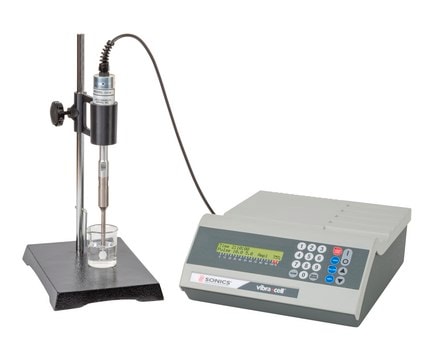MAB8293
Anti-Parvovirus B19 Antibody, aa 328-344 of VP2 capsid protein, clone R92F6
clone R92F6, Chemicon®, from mouse
About This Item
Recommended Products
biological source
mouse
Quality Level
antibody form
ascites fluid
antibody product type
primary antibodies
clone
R92F6, monoclonal
species reactivity
human
manufacturer/tradename
Chemicon®
technique(s)
ELISA: suitable
immunofluorescence: suitable
immunohistochemistry: suitable (paraffin)
western blot: suitable
isotype
IgG1
shipped in
wet ice
Specificity
Immunogen
Application
IFA: 1:200-1:400.
Immunohistochemistry on formalin-fixed paraffin-embedded tissue sections: 1:50-1:100. High temperature citrate buffer antigen retrieval is highly recommended.
Western Blot: 1:1,000.
Final working dilutions must be determined by end user.
Infectious Diseases
Infectious Diseases - Viral
Physical form
Storage and Stability
Analysis Note
Parvovirus positive patient sample
Other Notes
Legal Information
Disclaimer
Not finding the right product?
Try our Product Selector Tool.
Storage Class Code
10 - Combustible liquids
WGK
WGK 2
Flash Point(F)
Not applicable
Flash Point(C)
Not applicable
Certificates of Analysis (COA)
Search for Certificates of Analysis (COA) by entering the products Lot/Batch Number. Lot and Batch Numbers can be found on a product’s label following the words ‘Lot’ or ‘Batch’.
Already Own This Product?
Find documentation for the products that you have recently purchased in the Document Library.
Our team of scientists has experience in all areas of research including Life Science, Material Science, Chemical Synthesis, Chromatography, Analytical and many others.
Contact Technical Service







